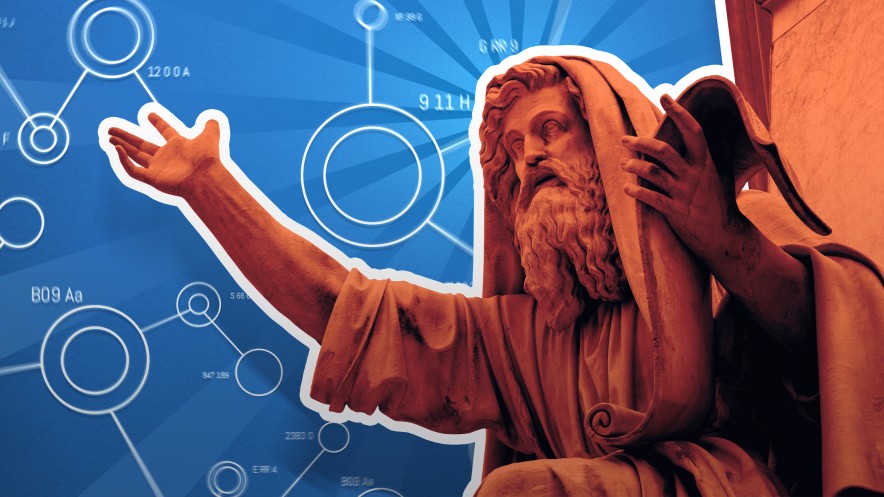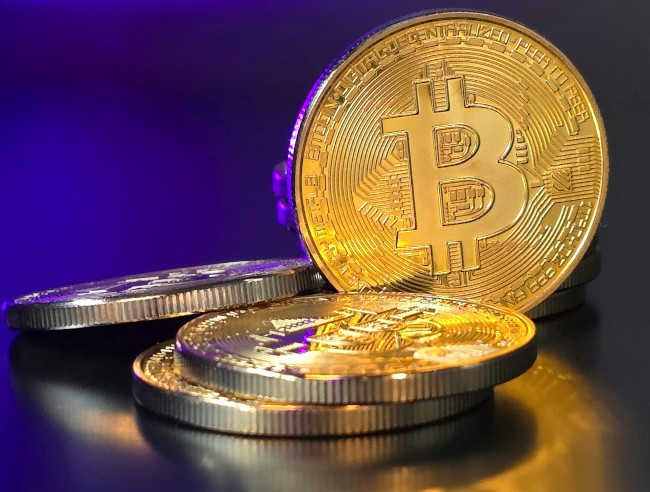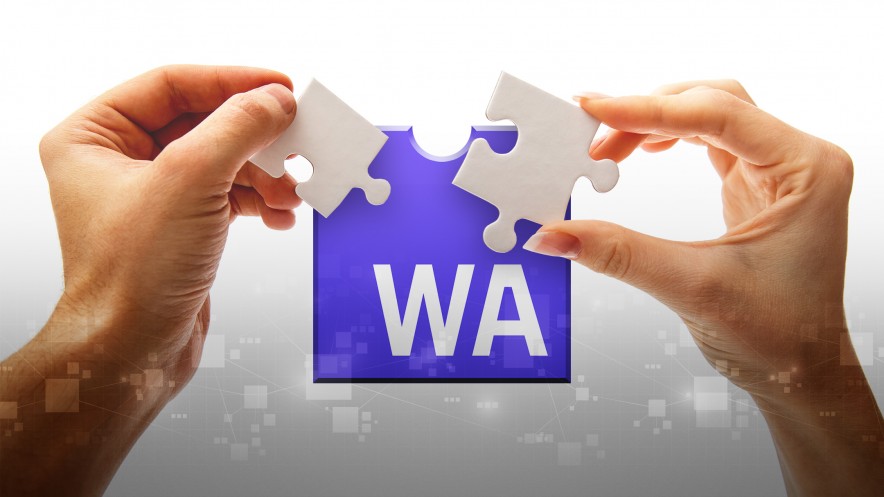Security Tokens and Off-Chain Data: How Oracles Can Help
Mar 03, 2019, 3:29pm
Security tokens are gaining traction, but they rely heavily on real-world information. Can oracles help these new tokens access off-chain data?
Security tokens are set to become one of the biggest trends of 2019. Unlike traditional ICO tokens and cryptocurrencies, security tokens represent existing financial assets, such as real estate holdings, precious metals, stocks and bonds, and much more. In fact, many highly-anticipated sales of this type are scheduled for the near future.
However, security tokens demand blockchains that are quite different from their earlier counterparts. Traditionally, Bitcoin has been concerned with on-chain data pertaining to transactions and mining activity, and that data is generated by the Bitcoin network itself. By contrast, security tokens must be able to handle off-chain data involving real-world assets and uniquely identifiable participants.
Since security tokens need to handle real-world data, oracles could come in handy. Oracles are simply blockchain platforms and protocols that can handle off-chain data, and although they were not specifically created with security tokens in mind, they hold plenty of potential. So, how can oracles help security tokens, and what solutions already exist?
Categorizing Security Oracles
Not all oracles are the same. Jesus Rodriguez has classified the technology into three categories, the first of which is compliance. This type of oracle simply determines which investors and participants are allowed to own or manage a particular security token. This is related to the fact that KYC measures are used to determine if someone is an accredited investor (and therefore allowed to handle securities).
A second variety of oracle can perform disclosure. Currently, various organizations evaluate certain types of assets and disclose that data in reports and data feeds. Rodriguez suggests that, for example, an oracle could collect oil-related data from OPEC or Moody’s. This data could, in turn, be used to determine the price of a security token that represents an investment in oil.
These two categories could also be combined into what Rodriguez calls “know your oracle.” Just as it is possible to “know your customer” and grant blockchain permissions to identified users, it is possible to give blockchain permissions to vetted data sources that disclose useful information. Obviously, ensuring that data is coming from a trustworthy source is vital, and oracles are useful in that regard.
A third category of oracles provides programmable logic. Rather than drawing information from the real world, this type of oracle executes off-chain actions. For example, a security token could be used to represent shares of a hotel chain, and an oracle could automatically distribute rewards to token holders under certain conditions.
Existing Oracle Solutions
The concepts listed above, of course, cannot be actualized without real platforms. Rodriguez names a number of well-known oracles that could help, such as Chainlink, Oraclize, Aeternity, and Augur. And although Rodriguez doesn’t mention any oracle services that are specific to security tokens, a few such projects are already in the works.
Aeternity, in particular, has made its potential in this area clear. DSTOQ, a security token exchange, recently decided to make use of Aeternity-based oracles in order to facilitate data monitoring. This means that investors will be able to access data for decision-making purposes, while businesses will be able to track and manage real-world data. Basically, DSTOQ will allow what Rodriguez calls disclosure.
Meanwhile, a service called Harbor is providing compliance services for security token platforms. Harbor essentially works with off-chain data and uses that information to update permissions, change rules, and grant or deny access to a blockchain. Although Harbor doesn’t describe itself as an oracle service, it explicitly provides compliance, as per Rodriguez’s first category.
Other oracles are intended for general usage but may have applications that fit well with security tokens. Nodary, for example, allows Chainlink oracle nodes to be certified, meaning that data is not just correct; the oracle itself can additionally be proven to possess security and integrity. As some have noted, oracle certification bears a strong resemblance to Rodriguez’s “know your oracle” concept.
Conclusion
In some ways, oracles that work with security tokens are not so different from other oracles. Most oracles generally have the end goal of integrating real-world information with a blockchain. However, security tokens inherently require plenty of real world-data, perhaps more so than any other blockchain token. So, although the technology is still nascent, oracles could quickly find their calling in the realm of security tokens.





